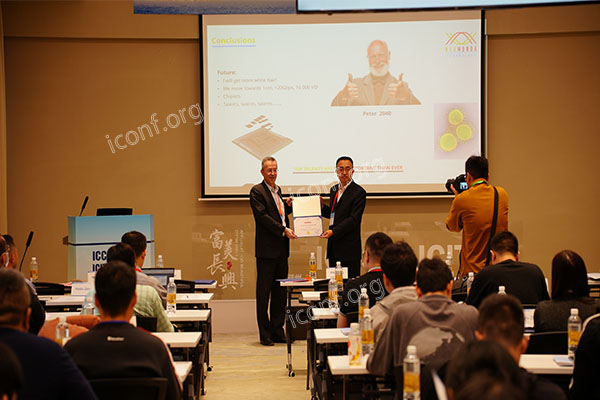Public health researchers, scholars, and practitioners are encouraged to contribute their latest findings to a variety of active calls for papers (CFPs) in 2025. This is a critical opportunity to present innovative work addressing population health, healthcare access, health equity, policy effectiveness, and pandemic preparedness.

Submissions are welcomed across a wide spectrum of public health topics, including but not limited to:
Infectious disease modeling
Non-communicable disease trends
Risk factor analysis and population studies
Cross-border healthcare access
Health in humanitarian crises
Sustainable development goals (SDGs) and health
Primary healthcare delivery
Digital health technologies
Public health economics and financing
Health promotion strategies
Mental health interventions
Health literacy and communication
Climate-related health risks
Air and water quality impacts
Workplace safety and disease prevention
Reach Global Audiences: Disseminate your work among health professionals, academics, and policy makers.
Contribute to Policy Change: Influence health policy with evidence-based recommendations.
Enhance Professional Recognition: Publishing in peer-reviewed outlets boosts academic and clinical careers.
Stay Competitive for Grants: Publications strengthen research funding proposals.
To ensure successful submission:
Select a Relevant CFP: Look for public health-themed conferences, journals, or edited volumes with open CFPs.
Follow Submission Guidelines: Carefully review formatting, word count, and ethical requirements.
Submit Before Deadlines: Track important dates for abstracts and full papers.
Revise and Polish: Edit thoroughly to meet academic standards and journal scope.
Many of these opportunities can be found through professional networks or on centralized academic platforms such as iconf.org, which regularly collects CFPs across health-related disciplines.
The field of public health continues to evolve in response to global challenges. Whether your focus is on chronic disease management, emergency response systems, health informatics, or equity in healthcare access, your research has the potential to make a real-world impact. Don’t miss the chance to contribute to ongoing conversations shaping global health outcomes in 2025 and beyond.